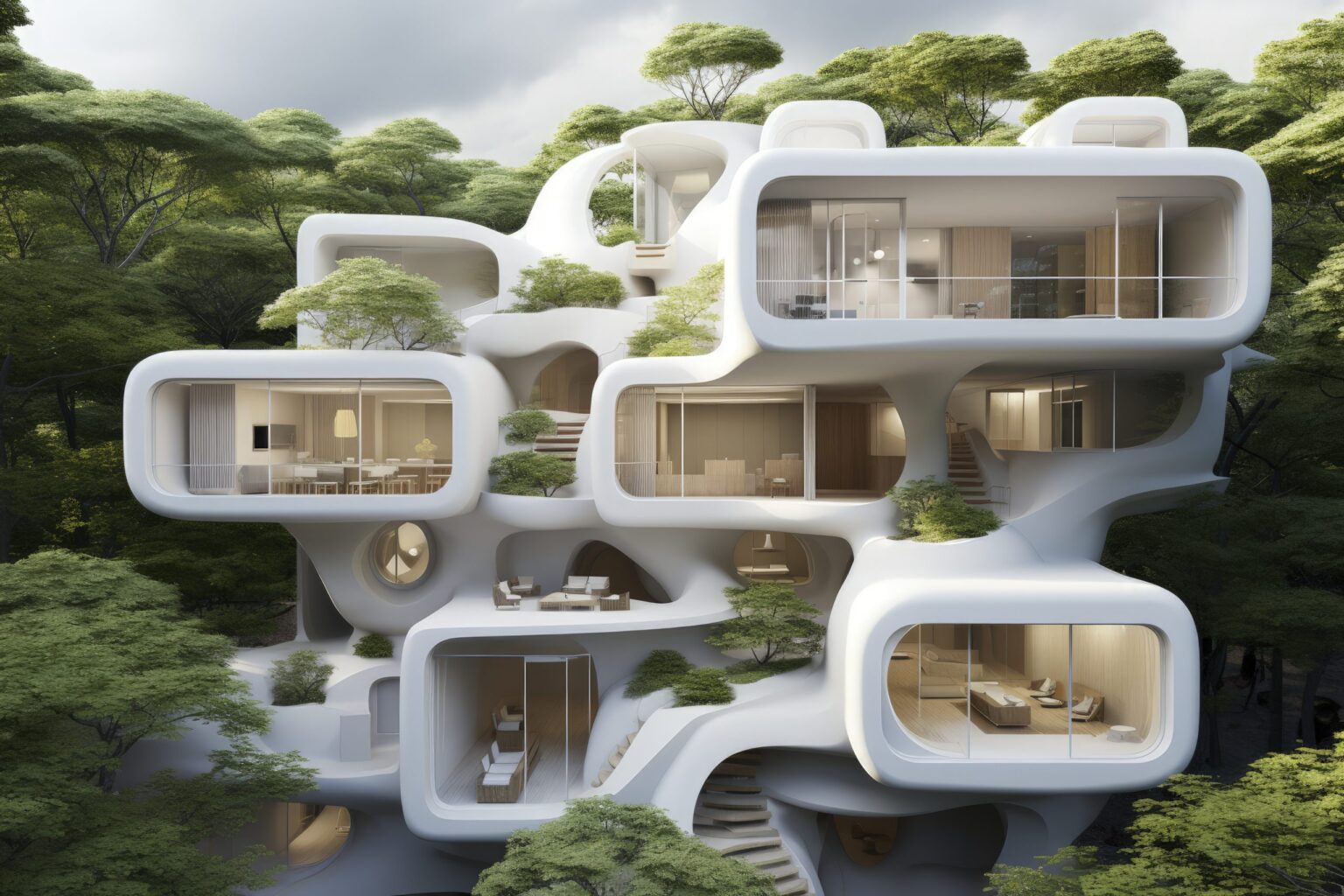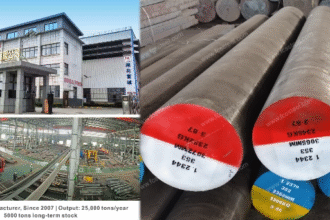Heating, ventilation, and air conditioning (HVAC) services are more than just an industry that ensures indoor comfort. They’ve become essential in the movement toward sustainable living, playing a significant role in creating energy-efficient and eco-friendly homes. While conversations surrounding sustainability often center around renewable energy or waste reduction, HVAC systems are quietly redefining how we consume and save energy daily.
- HVAC Services and Their Core Role in Modern Living
- Cutting-edge Innovations in HVAC for Sustainable Homes
- Smart Thermostats and Automated Climate Control
- Energy-efficient HVAC Equipment
- Renewable Energy Integration
- Enhancing Indoor Air Quality with Eco-conscious Technologies
- The Role HVAC Services Play in Green Building Certifications
- Why Your Choice of HVAC Services Matters
- Building a Green Future Starts at Home
In this blog post, we’ll explore the intersection of HVAC services and sustainable living. By showcasing real-world applications and innovations, we’ll highlight how this less-celebrated industry is paving the way for a greener future.
HVAC Services and Their Core Role in Modern Living
HVAC systems arguably sit at the core of any modern household. They regulate temperature, ensure air quality, and maintain comfort. However, with buildings accounting for approximately 40% of global energy consumption, much of the focus today has shifted toward making HVAC systems more efficient and sustainable.
From residential homes to sprawling skyscrapers, HVAC services are indispensable. But their importance goes beyond functionality. Today, these systems are evolving into the backbone of energy-saving innovations that tackle excessive consumption and environmental degradation at their root.
Cutting-edge Innovations in HVAC for Sustainable Homes
Smart Thermostats and Automated Climate Control
Gone are the days of manually adjusting your thermostat to save costs. Smart thermostats are helping homes and businesses reduce energy wastage with precision. These devices allow you to control your HVAC systems remotely and learn your preferences to create an automated schedule. For example:
- A report by ENERGY STAR notes that smart thermostats can save an average of $50 annually on energy bills.
- With geofencing technology, units can adjust settings based on whether you’re home or away, ensuring energy is only consumed when necessary.
Popular products like the Google Nest or ecobee not only make life easier but also ensure that energy resources are appropriately used, pushing households closer to energy sustainability.
Energy-efficient HVAC Equipment
Multiple advancements have been made to ensure heating and cooling systems consume less energy while delivering the same results. Modern energy-efficient HVAC equipment includes features such as:
- Variable-speed compressors that adjust the system to optimum power based on current needs.
- High SEER (Seasonal Energy Efficiency Ratio) rated air conditioners, meaning less electricity consumption for more cooling.
- Heat pumps that function as both heaters and coolers with significantly lower energy usage compared to traditional systems.
For example, switching to an HVAC system with a higher SEER rating can save 20% to 30% on energy bills, according to the U.S. Department of Energy.
Renewable Energy Integration
The integration of renewable energy sources such as solar and geothermal energy into HVAC systems is becoming more accessible. Geothermal HVAC systems, in particular, use the Earth’s natural heat to regulate indoor temperatures. While the upfront cost may appear steep, these systems are incredibly efficient and offer substantial long-term savings.
According to the International Renewable Energy Agency (IRENA), geothermal heating systems can reduce energy consumption for heating by up to 70% compared to traditional systems.
Enhancing Indoor Air Quality with Eco-conscious Technologies
Sustainability is not only about energy efficiency but also about improving indoor air quality for a healthier living environment. Many HVAC services now emphasize air purification technologies that:
- Remove allergens, dust, and chemicals.
- Filter out air pollutants, which can significantly impact health, particularly for people with respiratory conditions.
With air quality sensors becoming commonplace, modern HVAC systems double as tools for environmental health management, tracking pollutants like CO2 and adjusting ventilation rates accordingly.
The Role HVAC Services Play in Green Building Certifications
For buildings to achieve certifications like LEED (Leadership in Energy and Environmental Design) or ENERGY STAR, efficient HVAC systems are a critical requirement. HVAC services ensure that the mechanical systems in homes and commercial spaces meet stringent environmental standards.
This involves:
- Installing high-efficiency systems that reduce wastage.
- Leveraging advanced monitoring tools to track energy consumption in real-time.
- Adopting environmentally friendly refrigerants to curb harmful emissions.
When integrated correctly, HVAC services significantly contribute to the building’s overall sustainability score.
Why Your Choice of HVAC Services Matters
Selecting the right HVAC service provider can have a huge environmental impact. Reputable HVAC professionals not only ensure the proper installation and maintenance of systems but also guide you toward eco-friendly choices tailored to your specific needs. They’ll consider:
- The size and layout of your home or business.
- Energy demands and sustainability goals.
- Local climate conditions.
By opting for specialist HVAC services that emphasize energy efficiency and eco-conscious practices, you’re investing in both immediate comfort and a more sustainable future.
Building a Green Future Starts at Home
Modern HVAC services can significantly reduce your carbon footprint while lowering energy bills and enhancing indoor air quality. By upgrading to energy-efficient systems, integrating smart technology, or exploring renewable-compatible options, you’re making a conscious step toward sustainability without sacrificing comfort.
The shift to a greener lifestyle doesn’t have to be overwhelming. Small, strategic upgrades—like better insulation, routine system maintenance, and eco-friendly HVAC consultations—create lasting change.
Are you ready to make your HVAC system part of the solution? Partner with professionals who understand both climate control and climate impact, and start building a home that supports a cleaner, more sustainable future.

















